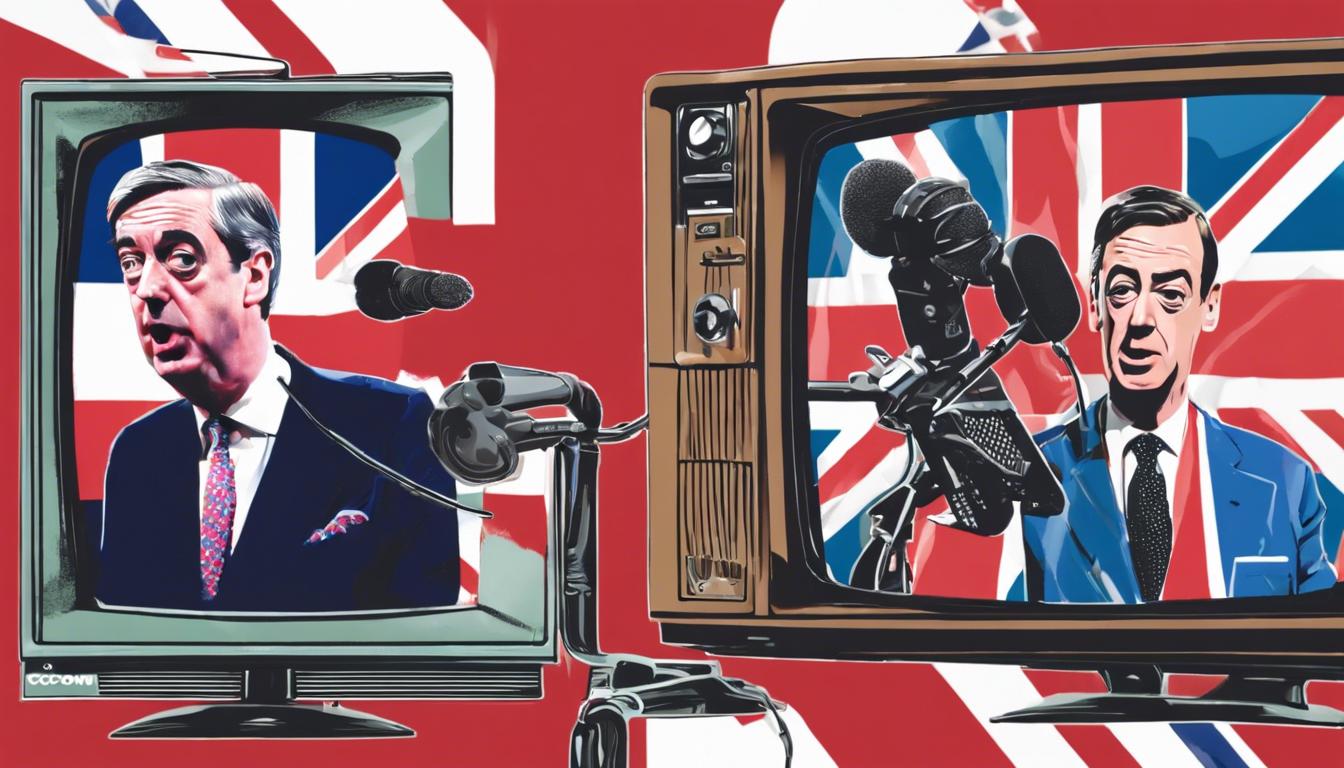UK media regulator Ofcom has issued a warning to GB News for breaching impartiality rules by employing politicians such as Jacob Rees-Mogg and Nigel Farage as presenters, sparking a debate on media standards and free speech.
Ofcom, the UK media regulator, has issued a warning against GB News for breaching impartiality rules by employing politicians as news presenters. The move has sparked criticism from high-profile figures such as Jacob Rees-Mogg and Nigel Farage, who accused Ofcom of being out of touch with modern broadcasting needs. The controversy centers around five GB News shows, including ones hosted by Rees-Mogg, a former cabinet minister, among other Conservative MPs. These episodes were found to violate broadcasting standards by not maintaining the required level of impartiality.
Ofcom’s scrutiny came after identifying breaches in programs where Tory MPs including Sir Jacob Rees-Mogg, Esther McVey, and Philip Davies appeared as newsreaders, discussing current affairs without the editorial justification for their political affiliations to be made clear. Instances cited as breaches involved coverage of diverse topics such as the Donald Trump civil case verdict, fatal stabbings in Nottingham, a junior doctors’ strike, and Brexit.
The regulator’s actions reflect concerns over the integrity of broadcast news, emphasizing the principle that politicians, given their inherent political positions, may struggle to present news content objectively. Ofcom is exploring potential sanctions against GB News, which could range from fines to revocation of their broadcasting license for continued non-compliance. In response, GB News has defended its approach, arguing that featuring serving politicians enriches debate and accusing Ofcom of threatening free speech and media plurality.
The conflict has ignited discussions on the role of politicians in news presenting, with Ofcom launching audience research to understand public attitudes towards politicians hosting programmes. As the debate unfolds, the future of GB News and its innovative but controversial choice of hosts is under close examination, highlighting ongoing tensions between media practices and regulatory standards in the UK.













